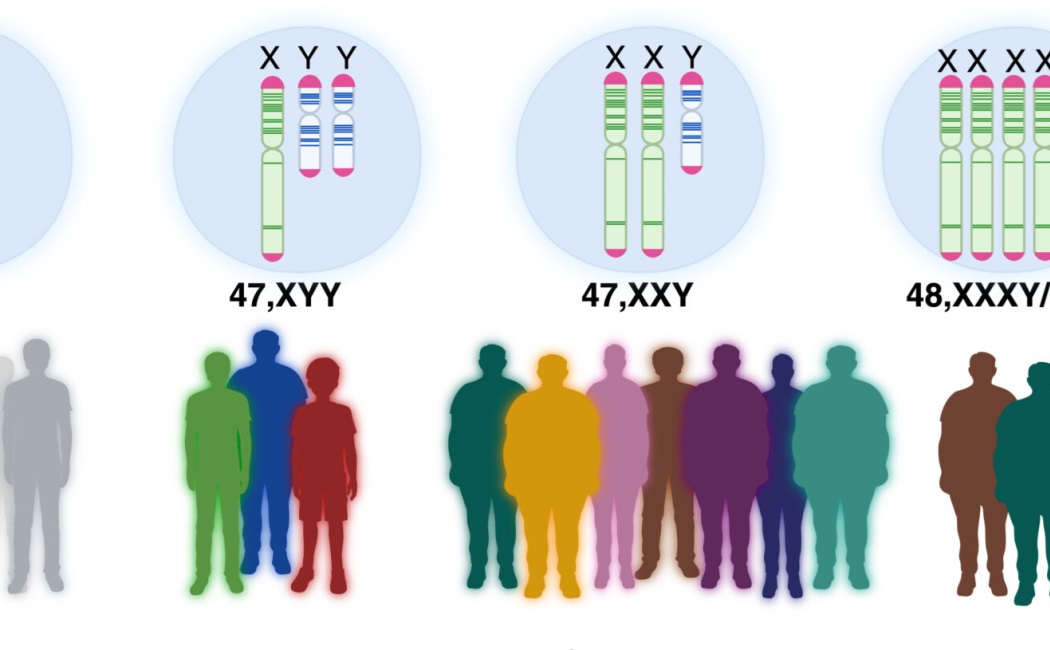
Sex chromosome overload sparks to a common developmental faultline
28 August, 2025
Whether it is an extra X or an extra Y, new research shows that additional sex chromosomes can scramble the genetic script in surprisingly similar ways.
In a first-of-its-kind stem cell study, researchers found that two of the most common sex-chromosome anomalies in males hijack the same genetic pathways. This alters key brain-related genes in ways that could help explain their overlapping cognitive and developmental symptoms.
Led by Antonio Adamo, the KAUST team used patient-derived induced pluripotent stem cells (iPSCs) to model early development in the lab, converting them into neural precursors that preserved the unique genetic makeup of their donors.
The researchers created the world’s first iPSC lines from individuals with Jacobs syndrome, a condition affecting approximately one in 1,000 males, in which boys inherit an extra Y chromosome in addition to the usual X-Y pair. These were compared to iPSC-based models of Klinefelter syndrome, in which males inherit two X chromosomes plus a Y. Notably, participants of Saudi origin were included, broadening the genetic diversity often represented in such studies.